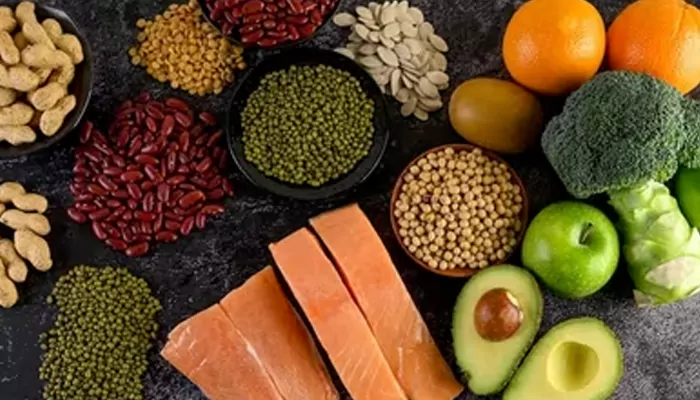Pros and Cons of Genetically Modified Foods
A New Hope with some ‘If’s and ‘But’s
- Sougata Dutta
- 18 February, 2025
- 2 mins ago

Pros and Cons of Genetically Modified Foods
A New Hope with some ‘If’s and ‘But’s
'Genetically Modified Organisms', often called GMO, is common among urban civilians nowadays. For the past two decades, this word has been sufficiently popularized by the western media and a section of large corporations who found it as a growing sector for extracting a huge profit. However, a GMO refers to any sort of living organism that has been processed in a lab through a specific biochemical process of restructuring the genetic materials; it is mostly and commonly used for crops rather than other living objects from bacteria to animals. The idea of the GMO industry is to develop genetically modified crops that can yield foods with better quality or in more quantity.
Now there has been a debate too associated with it whether GMO crops are good for human beings and questions are there too that how the consumption of GMO crops might affect the future generation. When applied in a material situation, every science brings both pros and cons, and there is no exception in the case of GMOs.
Pros of GMO
Less use of Pesticides
The GMO crops are produced in such a way that they are less vulnerable to attacks from insects and pests. Bt-corn might be a good example of this, having a gene from Bacillus thuringiensis that produces a pest-killing protein. Thus, using GMO crops helps reduce the use of pesticides, which has been proven that there is more than an 8% decline in the use of pesticides by GMO crop farmers from 1996 to 2018, across the globe.
Cost Friendly
The GMO crops are extremely production efficient. That means, using the same amount of raw materials yields a larger amount of agro-products than the traditional agriculture methods. Thus the cost per unit of production gets reduced.
Designed with more nutrients
Some GMO crops are designed in such a way that yields a better amount of nutrients. For example, the African modified crops can be taken that have almost double the amount of folate and six times the vitamin C, if compared to the corns produced in the traditional forms.

Cons of GMO crops
Allergy Risks
Being modified with DNA from other organisms, a GMO crop might cause allergic reactions in your body; however, you’re not allergic to the same food produced traditionally.
Antibiotic-resistant
Several types of research have shown a chance that consuming GMO crops might lead to the birth of some super-bacteria in the body that normal antibiotics taken for medication won’t work.










